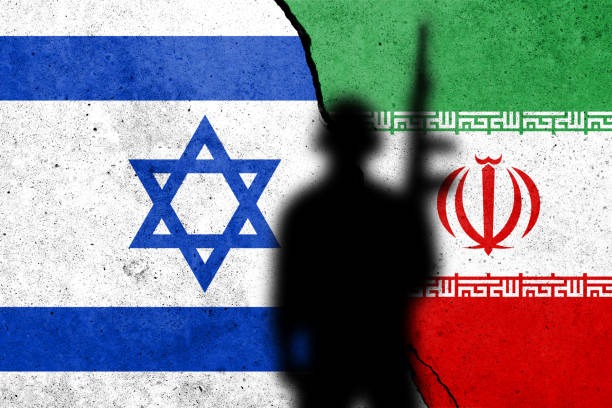The Iran–Israel ceasefire, announced amid rising tensions in the Middle East, has provided a temporary sigh of relief for global markets. While it is far from a comprehensive peace agreement, the move to halt military escalation between the two regional powers has already begun to ripple across economic landscapes, influencing everything from oil prices to investor sentiment.
But this is not a moment to get comfortable. Markets may be reacting with cautious optimism, but geopolitical analysts and financial experts alike warn that the situation remains unstable—and the world is watching.
A Ceasefire Born of Necessity
The Iran–Israel ceasefire didn’t emerge from a long-awaited diplomatic breakthrough. It was triggered by necessity, as both nations teetered on the brink of a broader confrontation. In recent months, escalating covert operations, proxy battles, and tit-for-tat strikes had raised alarms across the region and beyond.
Behind the scenes, quiet diplomacy involving Gulf nations, European mediators, and even U.S. backchannel efforts brought the parties to the table—at least temporarily. But no illusions should be held: this ceasefire is a pause, not peace. Mutual mistrust, ideological hostility, and unresolved conflicts still loom large.
Market Reaction: Cautious Relief
In the hours and days following the ceasefire announcement, global financial markets responded with measured calm. Stock futures stabilized, snapping a streak of high volatility. The S&P 500 and major European indices saw modest gains, while defense sector stocks—previously surging on speculation of war—pulled back.
Still, this reaction reflects relief, not confidence. Investors understand that the underlying drivers of instability haven’t gone away. If the risk of renewed hostilities remains, so will market unease.
Oil Prices: Steady, But on Alert
Perhaps the most closely watched asset class in response to the Iran–Israel ceasefire has been oil. With Iran located near the strategic Strait of Hormuz—a chokepoint for nearly 20% of the world’s oil supply—any conflict raises immediate fears of global energy disruption.
Following the ceasefire, Brent crude and WTI prices steadied, dropping slightly after weeks of upward pressure. The market interpreted the news as a signal that, for now, supply disruptions are less likely. However, traders remain wary. A single missile or border skirmish could send oil prices soaring again.

Gold, Safe Havens, and Currencies
Gold, often the first asset investors flock to during geopolitical uncertainty, slipped slightly after the ceasefire announcement. This move mirrored a shift in short-term risk appetite. However, gold remains elevated overall, supported by persistent global tensions and inflationary pressures.
Meanwhile, the U.S. dollar dipped slightly, while currencies tied to oil and energy exports—like the Canadian dollar and Norwegian krone—found strength. Emerging market currencies in the region saw modest improvement, though investors are still cautious about regional exposure.
What Investors Are Watching Next
Markets are forward-looking, and while they’ve priced in the Iran–Israel ceasefire for now, the next steps will be critical. Are both sides genuinely interested in de-escalation? Will
regional actors such as Hezbollah or other proxies respect the truce? And how will global powers like the U.S., Russia, and China respond to this moment of calm?
Additionally, macroeconomic factors—such as central bank interest rate decisions, inflation data, and global growth outlooks—are competing for investor attention. But geopolitical flashpoints like this one tend to cast a long shadow.
Final Thoughts: A Fragile Calm
The Iran–Israel ceasefire is a welcome development in a region accustomed to uncertainty. For markets, it represents a temporary de-escalation—enough to soothe short-term volatility but not enough to eliminate risk. Investors, policymakers, and everyday citizens alike are hoping these fragile calm holds, but history advises caution.
As we move forward, the key will be balance: staying alert to geopolitical developments while not overreacting to each headline. The ceasefire may hold, or it may not—but either way, its market ripples will be felt for weeks to come.




